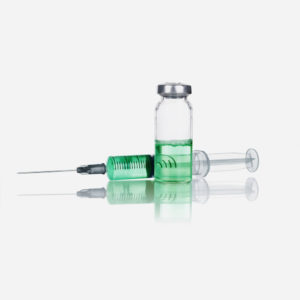Veterinary biologics (veterinary vaccines, antiserums, immune modulators) includes all viruses, serums, toxins, or analogous products of natural or synthetic origin which are intended for use in the treatment of animals and which act primarily through the direct stimulation, supplementation, enhancement, or modulation of the immune system or immune response. Such products include but are not limited to vaccines, bacterins, allergens, antibodies, diagnostics, antitoxins, toxoids, immunostimulants, antigenic or immunizing components of microorganisms intended for use in the prevention, diagnosis, management or cure of disease in animals.
Important: The veterinary product’s mechanism of action is central to how the veterinary product will be regulated. Immune stimulation, supplementation, enhancement or modulation is what largely distinguishes veterinary biologics (veterinary immuno-biologics) from veterinary medical drugs or veterinary devices.
Woods Consulting, LLC’s veterinary consultants have worked on a number of veterinary projects involving veterinary immune modulators, including small peptide immune modulators, immune stimulating glycoproteins, and T-cell receptor peptide therapeutic vaccines. Consultant Profiles.
